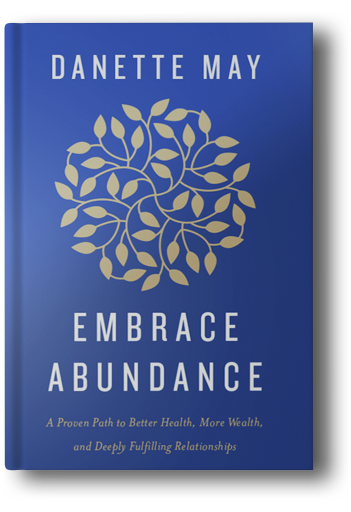Eggs are one of the most perfect foods around.
They contain almost all the nutrients that are key to good health in one tasty package.
Eggs are inexpensive, easy to prepare, and versatile.
In the last few years, whole eggs have gotten a bad reputation and people started eating just the egg whites. That’s because of reports that they were high in fat and cholesterol.
Though it’s true that a whole egg contains 186 mg of cholesterol and 6 grams of fat, there’s much more to the story than that.
Egg Whites VS. Whole Eggs
First, let’s look at what the purpose of the egg white is.
When an egg is fertilized, the white acts as a shock absorber for the developing chick. It forms a barrier against bacteria and gives the growing chick water, protein and some other nutrients.
When an egg white is cooked, it contains just 17 calories, which is a lot less than the 71 calories contained in a whole egg. It also has about 3.6 grams of protein.
That means that egg whites could be considered a good choice for somebody who is focusing on losing weight. But as I've always said, counting calories is NOT the best way to lose weight. That's because calories don't tell the whole story.
Then what about whole eggs?
We stopped eating them over fears of the cholesterol that they contained. However, a Harvard School of Public Health study disproved that idea. It showed that cholesterol in food has only a small effect on total cholesterol.
Another study showed that there is no clear link between higher LDL levels and the risk of heart disease.
It’s also important to remember that our bodies need some cholesterol.
TweetIt increases energy and helps to build and repair our cells.
In fact, our bodies produce cholesterol in the liver. When the liver detects cholesterol from food, it produces less. So unless you have high cholesterol already, eating six or seven whole eggs per week is safe.
But is it better for you than egg whites?
Whole eggs are loaded with important nutrients that you can’t get from eating egg whites alone. That’s because most of them are found in the yolk. Here are just a few of the benefits that come from eating whole eggs:
- Whole eggs contain choline, which is good for brain and nervous system health
- A whole egg with the yolk contains 6 grams of protein
- Whole eggs contain vitamin A, which is good for your skin
- They contain B vitamins, which give you energy and help prevent heart disease
- The saturated fat in the egg yolk is necessary for hormone production and absorption of vitamins and minerals
- Eggs are one of the few natural food sources of vitamin D
If you’re just eating egg whites, you miss out on all of these benefits.
To get the most out of eggs and make them as healthy as possible, go light on the butter or oil when you cook them or opt to boil them. Here's one of my favorite ways to enjoy eggs every morning and this recipe is perfect if you have a busy week.
Be sure to choose eggs that come from pastured free range chickens. Their eggs have been proven to have less cholesterol and fat and more vitamin E, more omega-3 fatty acids, and more beta-carotene.
Yours in health,
Danette
P.S. Please share this eggcellent news about eggs with your friends and I love hearing from you in the comments below.






